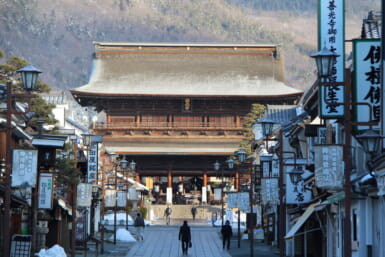I don’t know if you have noticed this, but the Press Club is really on fire with activities these days. Part of the credit for this belongs to journalist Roger Schreffler who has been a driving force behind professional activities there. But the phenomenal surge in the quality of what the club offers goes far beyond what one individual is doing, vast as Roger’s contribution has been as an animator of the PAC (Professional Activities Committee) along with Tomohiko Taniguchi.
I suppose I first noticed this new development in the making during the spring and summer of 2001. This was a time of change in Japanese politics, and you had to be physically in the Foreign Correspondents Club of Japan (FCCJ) to monitor the most important development—the emergence of Junichiro Koizumi as a candidate for prime minister in April, and then his on-the-job performance, notably in the aftermath of 9/11.
It was remarkable. Mr. Koizumi showed up to give a briefing at our club in early April last year, as the perceived long-odds outsider in the race for the premiership. He sat there, he talked without notes—of course, in Japanese—and in about 15-16 minutes, it was suddenly apparent that the guy was in earnest.
He managed to project this in a very short time by talking about policy and the need for reform.
I was there, standing at the back of the meeting with my son Harry, then 16 and attending his first press conference, and I turned to him and said wait a moment. How many times had I witnessed Liberal Democratic Party politicians come before the press—whether at our club or whether at LDP headquarters— and just meander, without saying anything?
Koizumi-was different. He talked like a Western politician. He made policy points like any Blair or Schroeder or Chirac. The man was articulate. By the time the meeting ended, it was clear enough to me that this supposed maverick in a DB suit wanted the job.
Koizumi’s first major test as premier came on 9/12—Japan being a day ahead of EST. One of our people called the PM’s office and asked if Mr. Koizumi could make it to the FCCJ. You have to know this. A PM, while in office, hardly ever comes to our club. There has been an unwritten rule against that since a certain Kakuei Tanaka came to the FCCJ in 1974, got dismasted in a matter of minutes and had to resign.
The bureaucrats who advise PMs in Japan were frightened by that. No premier had visited us for many a year. Koizumi-san’s staff, however, was not governed by precedent. His press secretary, Iijima-san, wisely decided that it was necessary for his boss to show.
The rest is history—Mr. Koizumi is the only major Asian leader that I can recall who made a quick, total condemnation of the attacks on 9/11. The choice of venue—a foreign press club— made his remarks all the more telling. Had he spoken at the Nihon Kisha Club or at the PM’s Office at one of his routine briefings, his words would not have had half the force.
I was full of admiration for the guy—knowing full well that for many Japanese the U.S. itself still has much to answer for in history as regards bombing attacks on unsuspecting civilian populations. (Don’t assume that Koizumi-san is on the way out now just because ignorant colleagues write as much. I don’t see any alternative in sight, however, disappointing K has been as premier in many ways.)
Ever since, I confess, I have seen the FCCJ with fresh eyes. Our club’s prestige has been enhanced. We have, of course, an ambassadors’ table at all our main functions, where we receive honored guests. I hope that their excellencies will avail themselves of the opportunities—their mission members likewise—not only on full-dress occasions, but also for some of our less conspicuous, yet possibly more meaningful, events such as the documentary film program organized by Edwin Karmiol (a doc shown on Aug. 28 featured an interview with Noam Chomsky).
The diplomatic community comes in on the backs of our 2,100-plus regular and associate members, who pay dues, the indispensable fric.
The FCCJ is perhaps the largest press club in the world—it ranks in scale with the National Press Club in Washington, D.C., when measured by its $6-7 million annual revenues. We have many newcomers arriving in the city late in September, and I would like to urge them to consider the FCCJ as the place to go—hearing our speakers, seeing our film shows, attending our musical evenings and our art shows.
The club is a kind of Deshima of our times—Deshima, to remind, was the tiny island in the bay at Nagasaki, where a small Dutch trading post kept open relations between Japan and the outside world in the 17th, 18th and early 19th centuries. The FCCJ is the place where the locals intersect with the rest of us.
The club is above all a gathering spot. Jim Brooke, a staff writer for The New York Times, tells me that the newly revived Yale Club of Japan is holding its meetings at the FCCJ under his presidency. A spiffed-up Princeton Club, headed by CBS’ Bruce Dunning, will certainly prefer die FCCJ to anywhere else for its meetings. Harvard alumni may perhaps look forward to Thierry Porte, a financial man who is the local Harvard Club ‘domo, favoring the FCCJ. The same should apply to the dear old Oxford and Cambridge Club.
We chiefly welcome—I speak as a former board member, now safely off committee—the unwashed hacks.
I have no doubt the club offers the best deal in town for many purposes. The telephone number is 3211-3161 for info on membership. Seishi Yoda is the general manager.

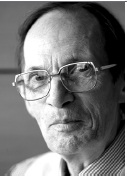


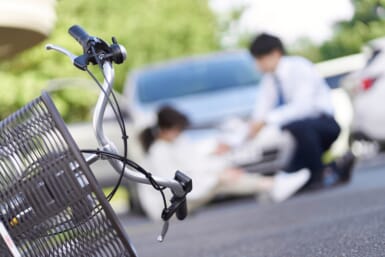
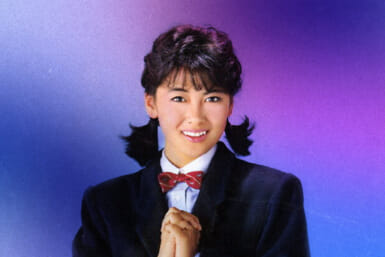
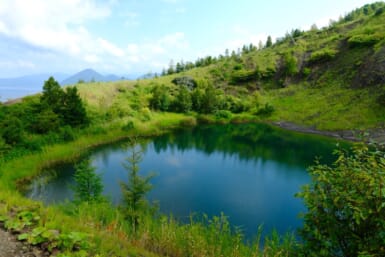
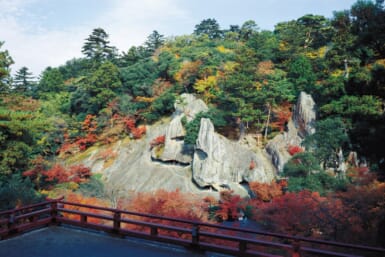
_KRAACH-クリスタルバスソルト-385x257.jpg)
